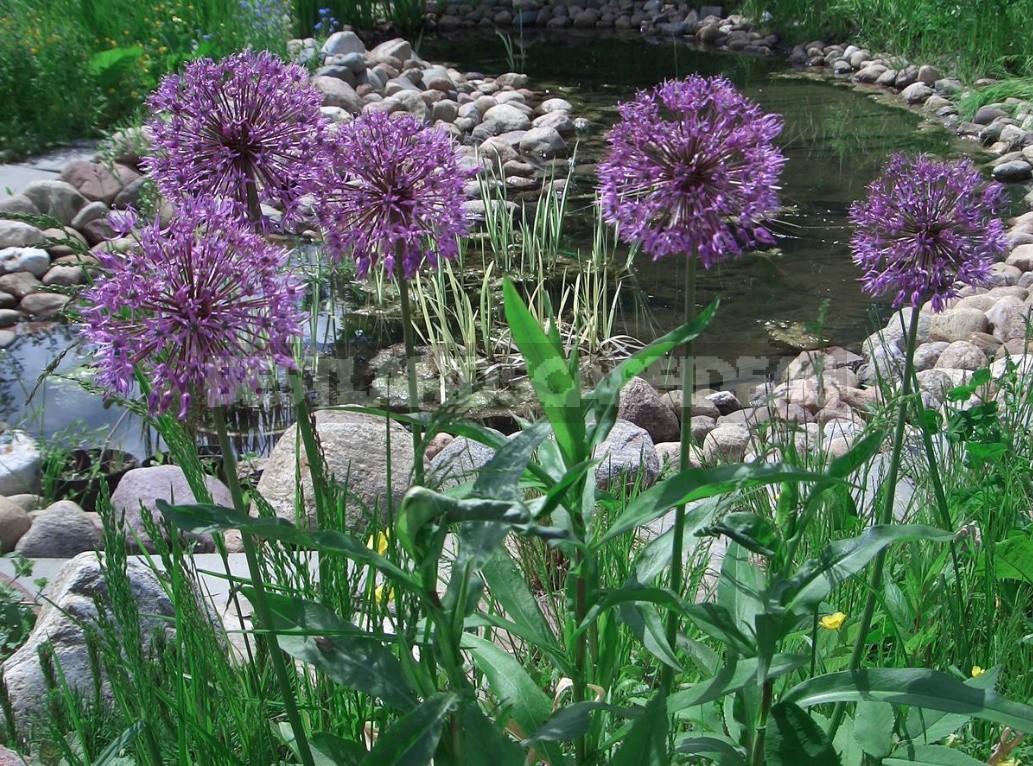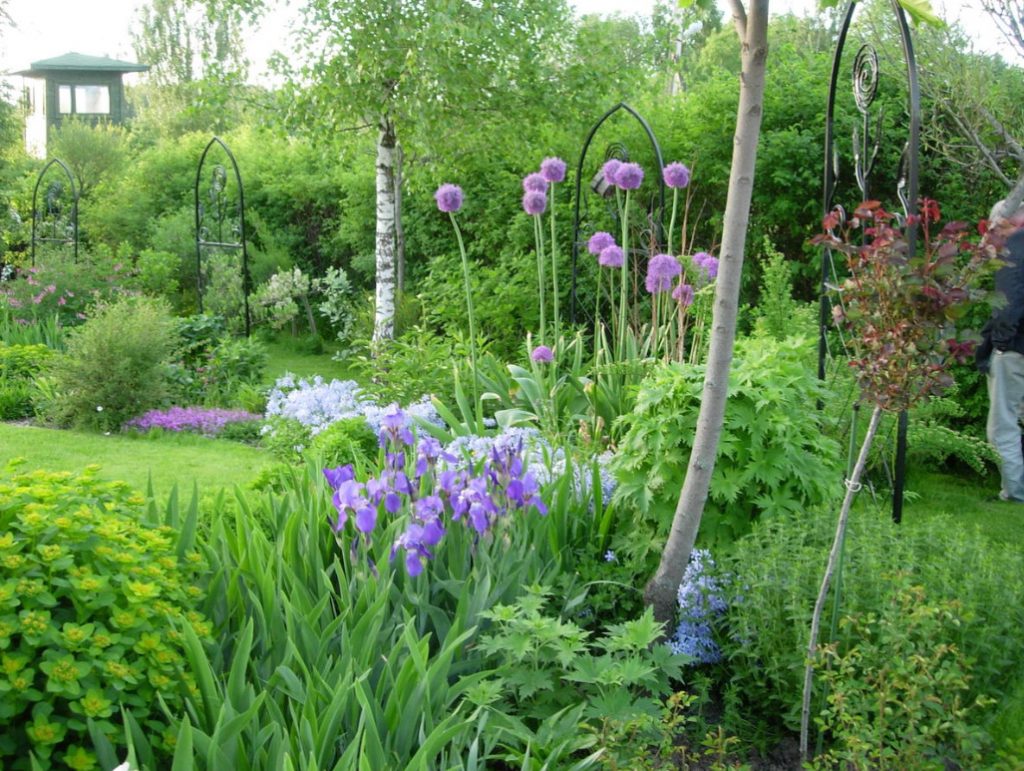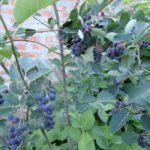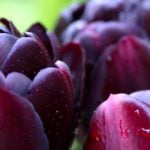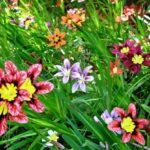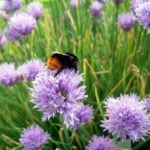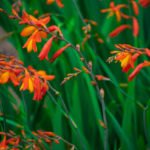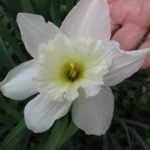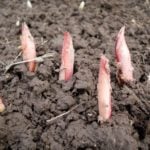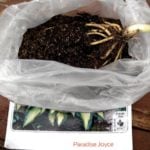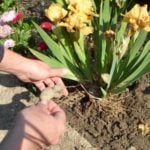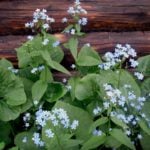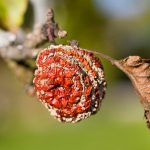Onion known to man since ancient times. Like other useful plants, it has long settled near human habitation.
Onions could not fail to attract the attention of artists and gardeners, and over time they took their rightful place in the gardens — next to irises and lilies; in mixed borders of landscape style; perfectly fit into the gardens of romanticism and modernity. They always enjoy sustained attention thanks to the amazing combination of sophistication, elegance and expression. In Europe, many varieties are bred, characterized by large inflorescences, rich or original color, height and splendor.
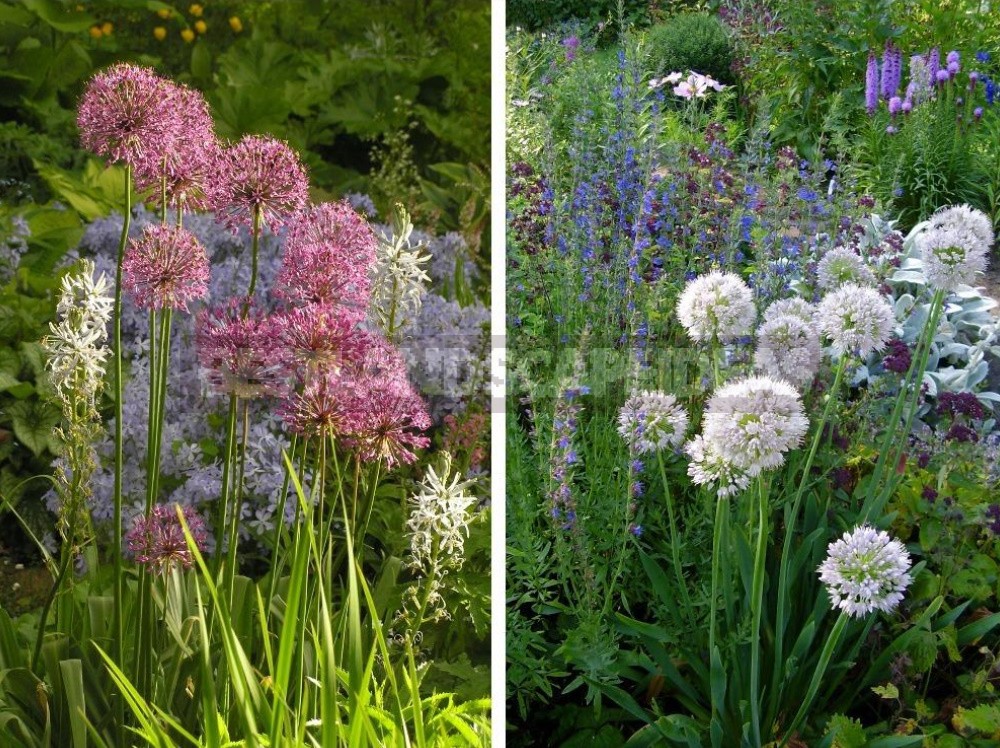
The genus Allium unites about 500 species (mainly perennial herbaceous plants) and is the main one in the family Alliaceae – 30 genera, 650 species.
Onions are quite unpretentious, but respond well to care. They need a nutritious and at the same time very light, well-drained calcareous soil, an open Sunny place.
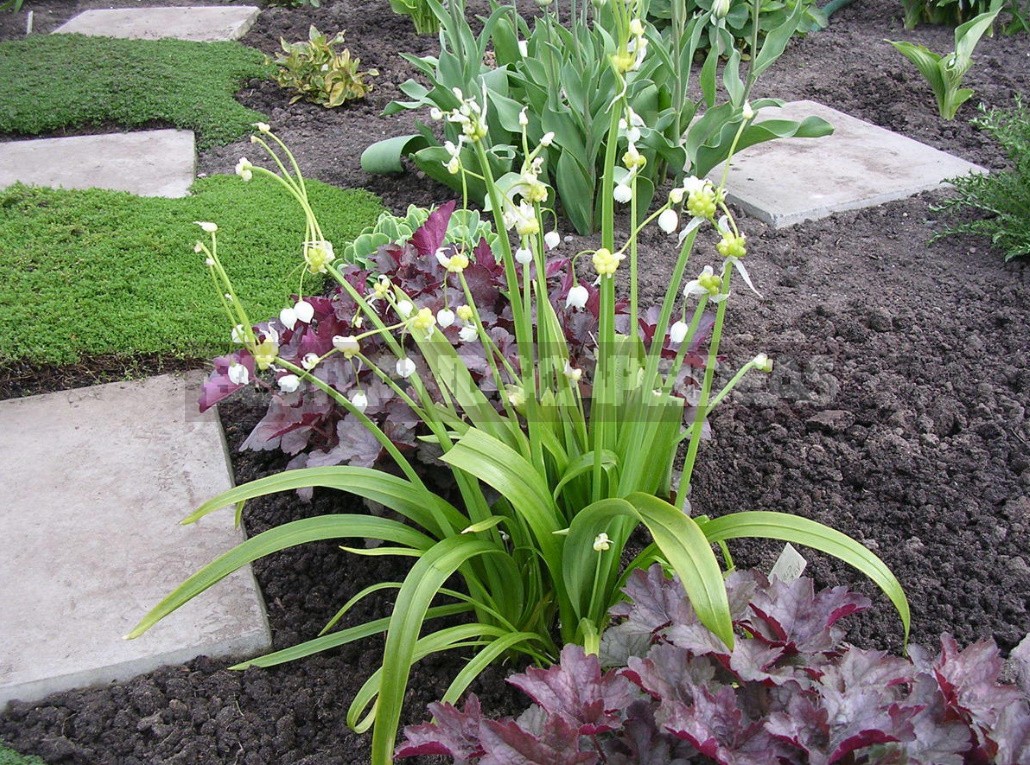
Although most prefer the sun, some of them grow well in partial shade, and others do withstand heavy shade.
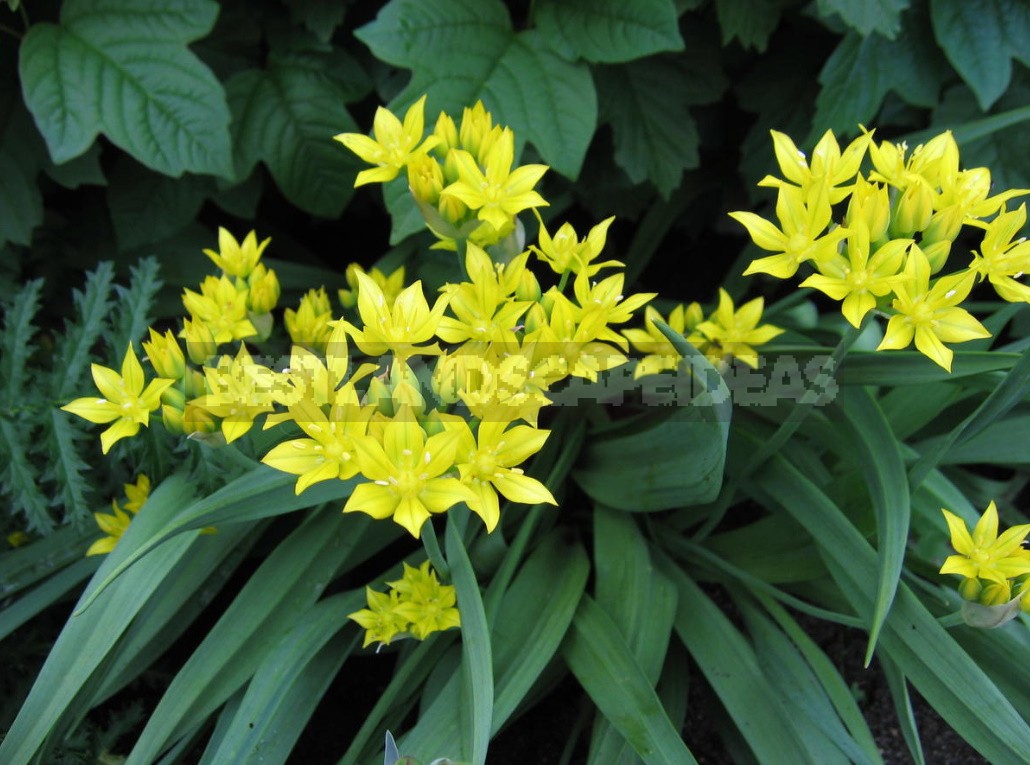
Allium moly in light shade blooms longer, its Golden-yellow shiny petals do not burn in the sun.
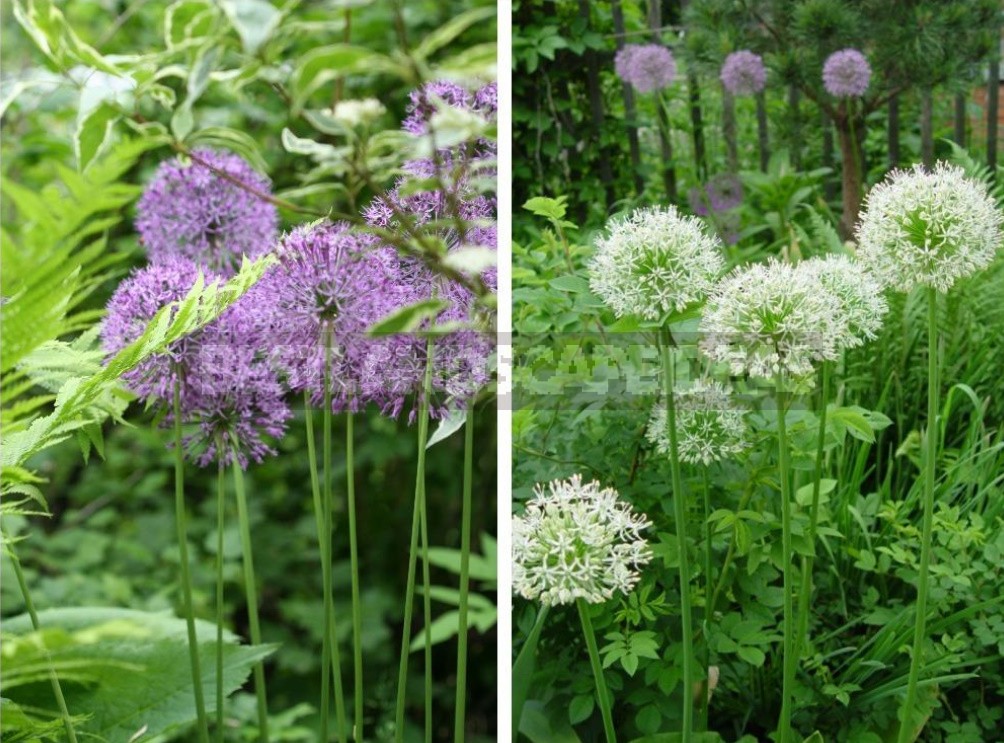
Onions are propagated by bulbs, seeds, turf species are easier to propagate by division. It should be remembered, however, that when propagated by seeds, onions bloom for 2-6 years, especially long have to wait for flowering ephemeroid species.
Crops are best carried out under the winter on well-prepared ridges, and for high-altitude species, winter crops are simply necessary: it is not enough for them to undergo cyclic stratification in a household refrigerator, the whole complex of the impact of meteorological conditions, including the passage of meltwater through the crops, is important. In this case, in the spring there are friendly shoots. For soil substrate it is necessary to use lime-containing materials-chalk, dolomite flour, lime crumbs, perlite, etc.
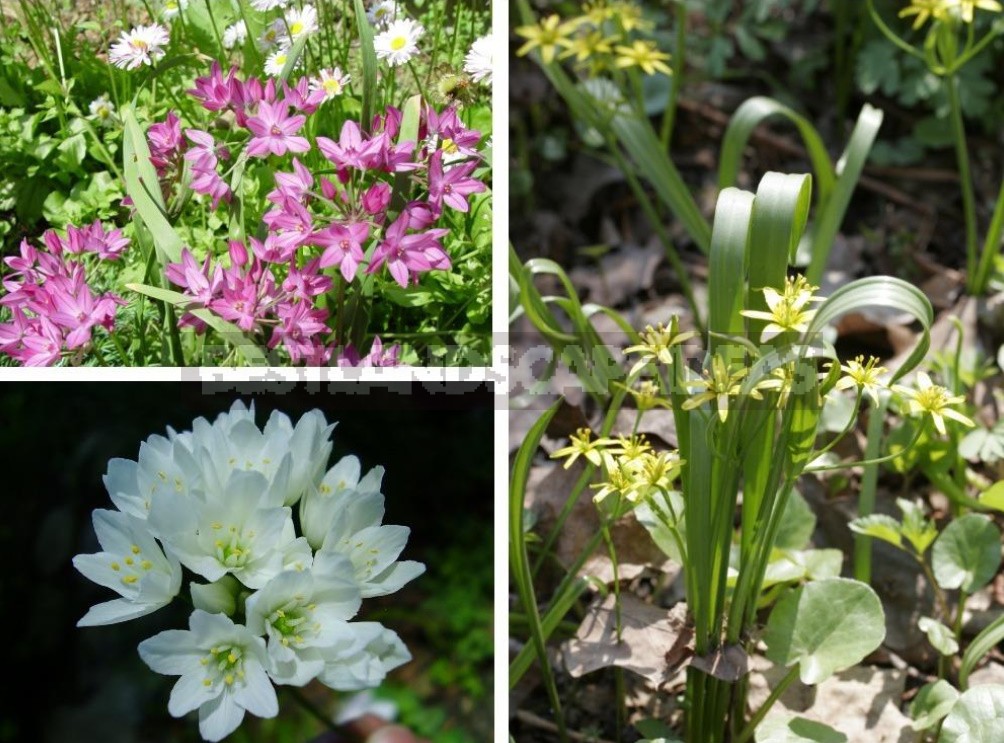
Early flowering onions mainly belong to the group of ephemeroids, and if during flowering they require a significant moisture content in the soil, then after the death of the leaf apparatus they do not need it at all, and in rainy summer they can suffer from soaking. For this reason, some gardeners dig up the bulbs every year after flowering and store them in a dry place until planting in late summer.
To avoid inconvenience it is possible if to prepare for planting these onions are special, well-drained substrate with a high content of coarse sand, gravel or crushed stone to ensure the timely flow of excess moisture.
